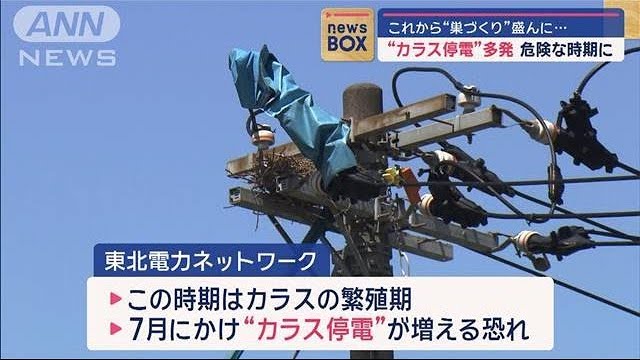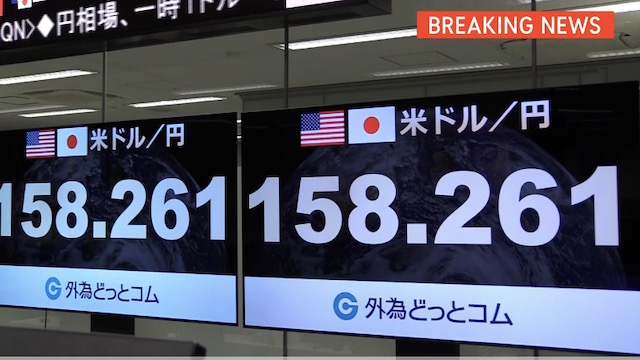Mar 30 (tokyoreporter.com) - TOKYO (TR) – A person apprehended for possessing or using an illegal drug in the capital may tell arresting officers that they got the contraband in question “from a foreigner.”
Such a claim is often derided on social media for being, at best, scapegoating. However, a self-described foreign dealer for “one of the largest distribution crews” in Tokyo says illegal drugs and foreigners pretty much do go hand-in-hand.
“I’d say from a street aspect and in terms of visibility, and the high demand, it is gaijin-driven. So it’s a foreign problem,” says the anonymous dealer who will be referred to as “E” for this story. “That being said, there’s a little secret world of Japanese meth.”
The ongoing coronavirus pandemic has brought many businesses to a standstill, but the illicit drug trade in Tokyo is not one of them, says E, who primarily deals in cocaine, or “white.”
“Coronavirus has been fucked,” he says. “Product lines did freeze for a while, and the price went up, and the quality went down, but the demand didn’t go down.”
Government data seems to bear this out: Earlier this year, Japan Customs announced that the amount of cocaine seized was up 28 percent to 818 kilograms in 2020 over one year before.
E had high hopes for the upcoming 2020 Summer Olympics, but the banning of overseas visitors has tempered those aspirations. Plus, he is leaning toward retirement, which has caused him to reflect on his time dealing in what he calls “a dream” market.
“You go to Kabukicho or Roppongi and you buy trash”
E will only reveal that he is a male in his 30s originating from a country in Europe, where he also has experience as a dealer.
He has resided in Japan on a number of visas, usually through Japanese language schools. “[They are] supposed to report student attendance and grades but there are tons of shady ones,” he says.
E runs a ring that is composed of about 10 members. The operation sells about half a kilogram of cocaine each month — all “high quality,” he assures. The target areas are Shibuya and Minato wards.
“If you know what’s up, you don’t go to Kabukicho or Roppongi,” he says of the two biggest red-light districts in the capital. “If you’re some idiot who’s not connected or you don’t know anything, then you go to Kabukicho or Roppongi and you buy trash.”
Rather, he sells to his male and female customers — mostly Brits, Americans and Aussies — at their residences, or even at a coffee shop. He cites his best customers as working for a foreign bank and an electronics manufacturer. “[They] keep me dressed in Louis Vuitton,” he says.
Tourists are generally off limits. “Tourists are stupid and not to be dealt with, generally. Tourists get drunk, get popped, and rat,” he says.
E’s suppliers are generally other foreign gangs. And, before you ask, he confirms, “I do no work with the yakuza, not in the slightest sense.”









